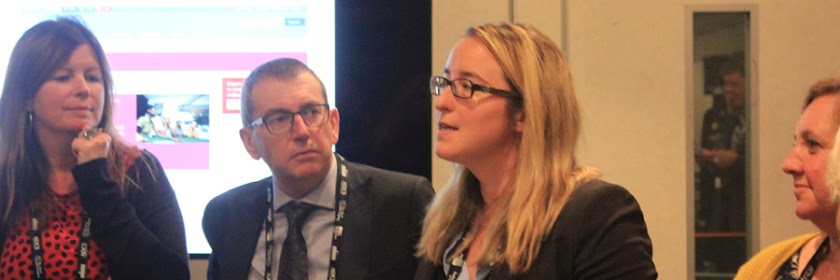 "Co-production isn’t a fun term even though it sounds like a you’re on a film set".
"Co-production isn’t a fun term even though it sounds like a you’re on a film set". The words from Tia, who attended a recent workshop at SCIE thinking about what co-production currently looks like and could look like in children’s services.
Language is important and perhaps the term co-production is something that doesn’t come up because of what Tia has shared. I have often come across voice, participation, engagement when thinking about co-production in the children's and families world. For me, co-production in a nutshell is about sharing power. Co-production is breaking down barriers and enabling equality through children and families being an active part of the design and delivery of services. This for me is the crux.
Register for free online webinar on co-production and children / families. Thursday 7 November 1pm.
We often share power in practice in how we work with families but how do we do it organisationally? We may know of children in council care or act on the feedback we receive from children and families but does this go far enough? How does the community and its citizens help change and develop the service?
SCIE are interested in supporting organisations to develop and embed ways of sharing power with its citizens. SCIE believe that the time is right; developing co-production compliments positive moves towards being more relationship-based and collaborative in practice. As professionals let's talk to our citizens: What do children and families in your area think about ‘co-production’? Perhaps it doesn’t have to have a name? The key question SCIE are interested in is: “What steps can you take or are you taking to include children and families in the design and delivery of your service?
Read Ryan's SCIE blog about the work Camden Council are doing with relationship-based social work.
NCASC 2019 >>>



